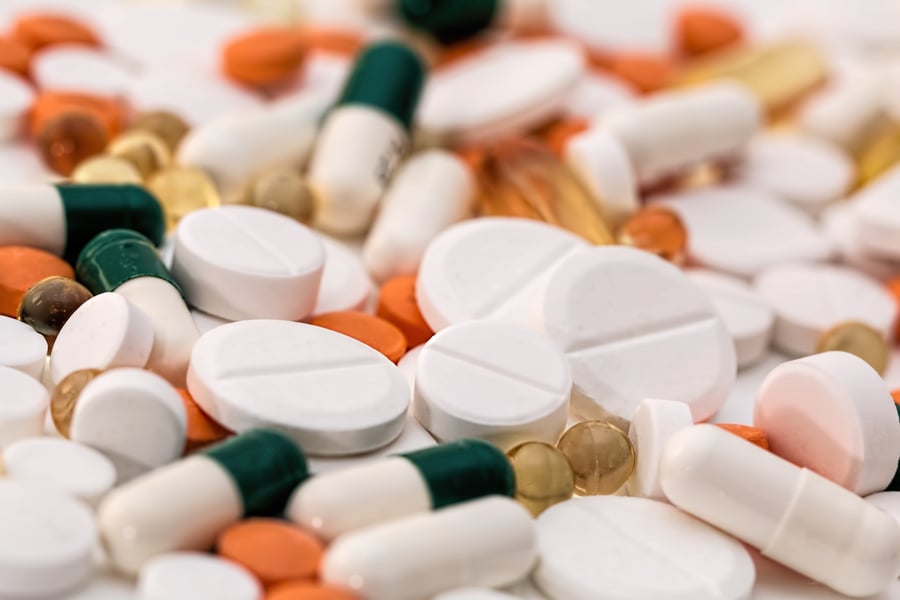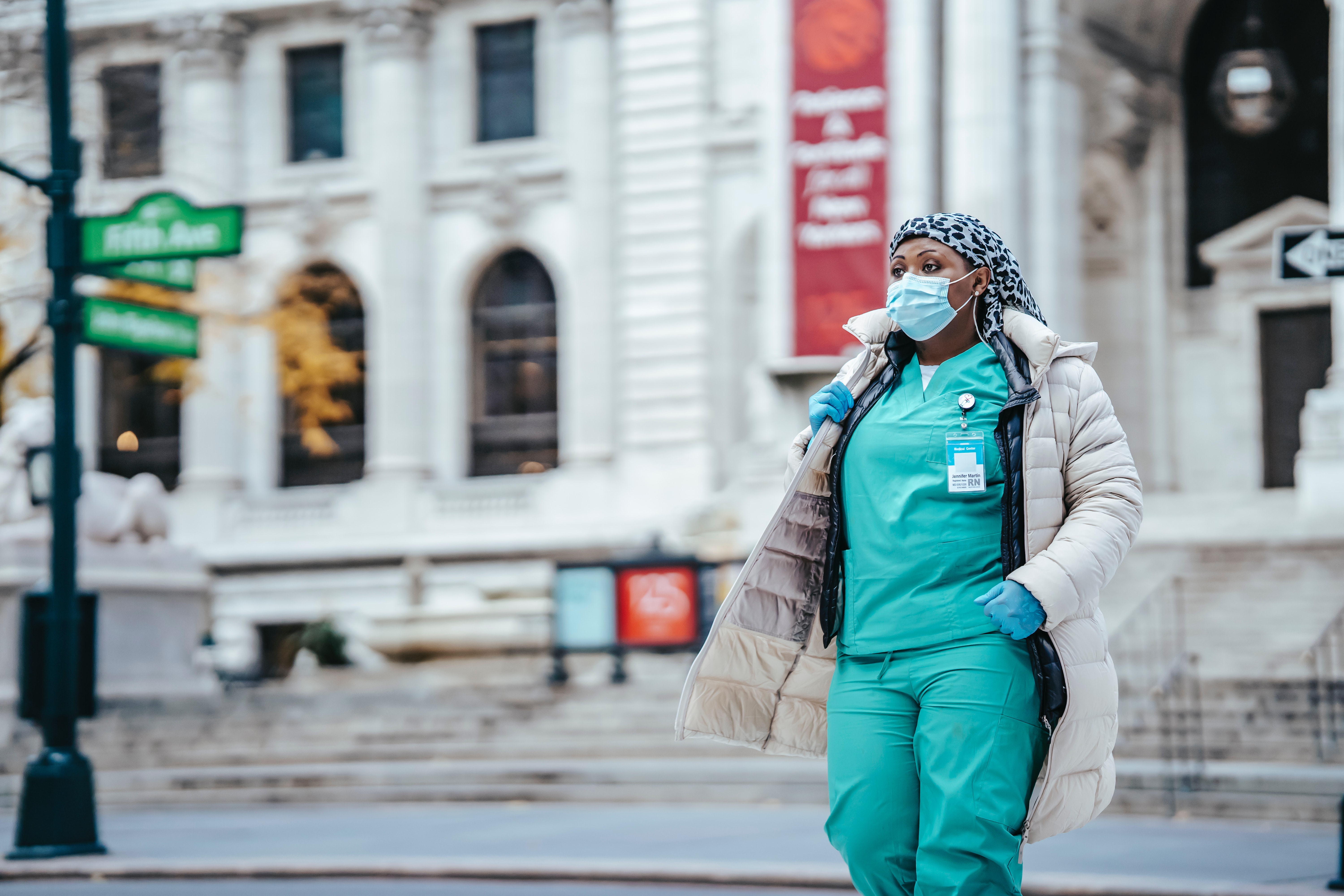Not serving solely as a destination to pick up prescription and non-prescription drugs from, pharmacies offer a variety of other health services that patients can benefit from. A large number of pharmacies exist both in the US and EU, providing good coverage of the whole population. In the US that’s estimated to be around 67,000, with almost 97,000 pharmacies existing in the five major EU countries (France, Germany, Italy, Spain, UK).
Pharmacists are healthcare professionals after all, experts in medicines and with good practical knowledge, who can advise on common problems as well as a healthy lifestyle.
In the US, where approximately 10% of the population (amounting to almost 30 million people) is uninsured, pharmacist advice can be a very useful first step in determining whether to see a doctor.
But what health services do pharmacies offer specifically, and how willing are consumers to use pharmacies for their health needs?
A recent Bryter survey shows that the majority of US respondents would be happy to receive flu vaccination from their pharmacy (76%). Two thirds would also receive travel vaccination (66%) and other vaccination (64%). Over half would visit a pharmacy for medication review (55%) and a cholesterol check (53%). Around two-in-five would happily receive medical advice / guidance (43%) and a blood test (39%), while one third would go to their pharmacy for cancer screening (33%). Around one-in-four would have a general check-up in a pharmacy (24%).
In EU5 countries the numbers are slightly lower, albeit still significant. Around two-in-five would have a medication review (41%) and a cholesterol check (41%) in a pharmacy. Over one-in-three would go to a pharmacy for flu vaccination (38%), travel vaccination (37%), medical advice (37%) and other vaccination (36%). Three-in-ten would have a blood test there (29%). Services that EU5 residents would be less likely to seek at a pharmacy are cancer screening (21%) and a general check-up (20%).
Looking at the UK individually, attitudes are more similar to the US with more people willing to use pharmacy-provided health services. The majority of UK respondents would have a cholesterol check (65%), travel vaccination (62%), and flu vaccination (61%) there.
Comparing these results to a similar study that Bryter conducted in 2014 reveals that the number of people who would go to a pharmacy for vaccinations has increased in the last three years, both in EU5 and the UK.
Younger people are more likely to use pharmacy services. Those aged 18-24 and 25-29 average 40% and 41% respectively for any of the services, compared to those aged 55-64 who average 30%. More than double of 18-24s would have a general check-up (29%) in a pharmacy compared to 55-64s (12%). This is indicative of a generational shift: older people still rely on visiting a doctor, while younger people will happily use pharmacy services for the convenience.
Consumers’ willingness to receive health services from pharmacies, combined with their wide accessibility both in the US and EU, presents an opportunity for pharmaceutical companies and pharmacists alike. Established as a destination where patients can seek information, treatment, and advice without visiting a doctor, pharmacies can play an important role as a useful healthcare resource.




